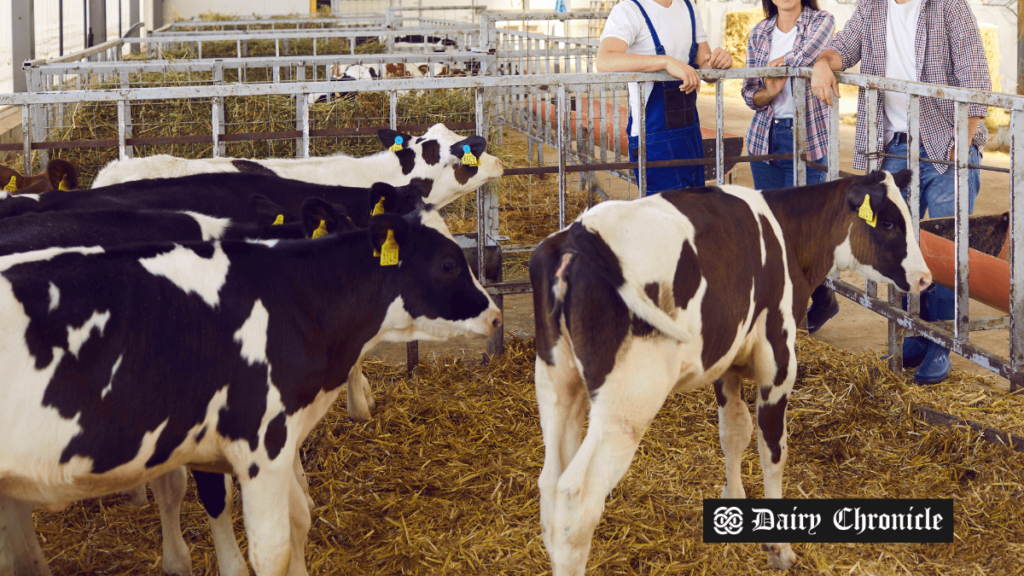As autumn calving season begins in Ireland, farmers are urged to take precautions against pneumonia, the second most common health issue in young calves. Effective management strategies, including vaccination and proper hygiene, are crucial to minimizing risks and ensuring calf health during this critical time.
As autumn calving season progresses in Ireland, farmers are urged to remain vigilant about the threat of pneumonia, which is the second most common health issue affecting young calves. Hugh Harney, an expert in veterinary science, emphasizes that pneumonia can lead to permanent lung damage and, in severe cases, death, especially as more calves are born daily during this busy period.
Pneumonia often starts with a viral infection followed by a bacterial infection, with risk factors including the mixing of calves, weaning off milk, and unpredictable weather conditions. According to Teagasc, the agricultural and food development authority in Ireland, approximately 3% of calves die from pneumonia within their first 12 weeks of life, highlighting the importance of effective management during this vulnerable period.
Recent reports from Regional Veterinary Laboratories indicated pneumonia was the most frequent diagnosis at necropsy in cattle, signaling an urgent need for proactive measures. Pneumonia is a multifactorial disease, with contributing factors including:
- Viral infections
- Bacterial infections
- Poor colostrum intake
- Unsanitary housing conditions
- Inadequate ventilation
- Stress from overcrowding
- The presence of older animals
- Nutritional deficiencies
Initial signs of pneumonia can be subtle, often including reduced feed intake, dullness, and fever. Observing calves at rest is crucial, as signs may not be apparent during feeding times.
When sick calves are identified, isolation and treatment are vital. Vaccination and maintaining good ventilation in housing are essential preventative measures. Antibiotic treatment may be necessary if a bacterial infection is suspected, though it is ineffective against viral infections.
To minimize pneumonia risks, farmers are advised to ensure good hygiene during calving, provide high-quality colostrum immediately after birth, and monitor nutritional health to avoid deficiencies that can weaken calves’ immune systems. Proper calf housing with adequate ventilation and stable group management is also critical in reducing the incidence of this disease.
By following these guidelines, farmers can help ensure healthier calves and mitigate the risks associated with pneumonia during the autumn calving season in Ireland.



